Anniversary of Yugoslav dictator's death
Josip Broz, known also by his nickname "Tito", died 28 years ago – today, citizens from the former Yugoslav states are in Belgrade to mark the anniversary.
Sunday, 04.05.2008.
15:39

Josip Broz, known also by his nickname "Tito", died 28 years ago – today, citizens from the former Yugoslav states are in Belgrade to mark the anniversary. Historian Cedomir Antic spoke to B92 and looked at the legacy of the former lifelong president of the Socialist Federal Republic of Yugoslavia (SFRJ), and said that while the Croatia-born leader was an important European politician of his time, "not everything he did was ideal". Anniversary of Yugoslav dictator's death The progress Yugoslavia made was not only to Broz's credit, Antic said, and reminded that the former state was one stripping its citizens of personal and political freedoms. "It seems to me that today, the most important legacy is the people's great expectations, and a low level of awareness of the importance of personal responsibility. Today still, the majority turns to one person, that is supposed to bring them well-being, or Europe. And that is not natural for democratic societies," Antic said. Broz was considered a symbol of "fraternity and unity", a slogan the communists, who assumed control after the Second Word War, used in the ethnically diverse Yugoslavia – a country bearing the scars of ethnic conflicts that took place during the war. It was precisely along these ethnic lines that Yugoslavia started disintegrating some 10 years after his May 1980 death. Today, there are six states in the territory of the former SFRJ, equal to the number of federal units it consisted of. Broz's greatest foreign policy successes are seen in his resistance to the influence of the Stalin-led Soviet Union, and in establishment of the Non-Aligned Movement. Yugoslavia was, generally speaking, a country that balanced between the East and the West for over 40 years. Broz's rule, however, is considered to have been a dictatorship. He was made president for life, and introduced an authoritarian regime, where political pluralism was forbidden, while political opponents were persecuted in a number of ways, including imprisonment in labor camps, such as the notorious Goli Otok. Macedonian admirers visit Broz's grave in Belgrade (FoNet)
Anniversary of Yugoslav dictator's death
The progress Yugoslavia made was not only to Broz's credit, Antić said, and reminded that the former state was one stripping its citizens of personal and political freedoms."It seems to me that today, the most important legacy is the people's great expectations, and a low level of awareness of the importance of personal responsibility. Today still, the majority turns to one person, that is supposed to bring them well-being, or Europe. And that is not natural for democratic societies," Antić said.
Broz was considered a symbol of "fraternity and unity", a slogan the communists, who assumed control after the Second Word War, used in the ethnically diverse Yugoslavia – a country bearing the scars of ethnic conflicts that took place during the war.
It was precisely along these ethnic lines that Yugoslavia started disintegrating some 10 years after his May 1980 death.
Today, there are six states in the territory of the former SFRJ, equal to the number of federal units it consisted of.
Broz's greatest foreign policy successes are seen in his resistance to the influence of the Stalin-led Soviet Union, and in establishment of the Non-Aligned Movement.
Yugoslavia was, generally speaking, a country that balanced between the East and the West for over 40 years.
Broz's rule, however, is considered to have been a dictatorship. He was made president for life, and introduced an authoritarian regime, where political pluralism was forbidden, while political opponents were persecuted in a number of ways, including imprisonment in labor camps, such as the notorious Goli Otok.
















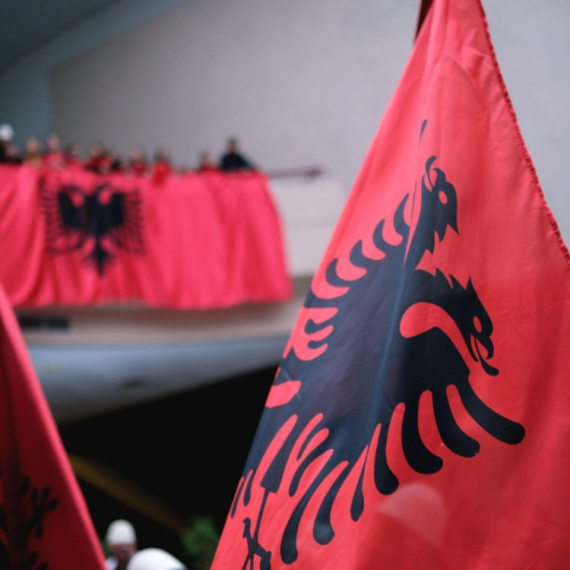
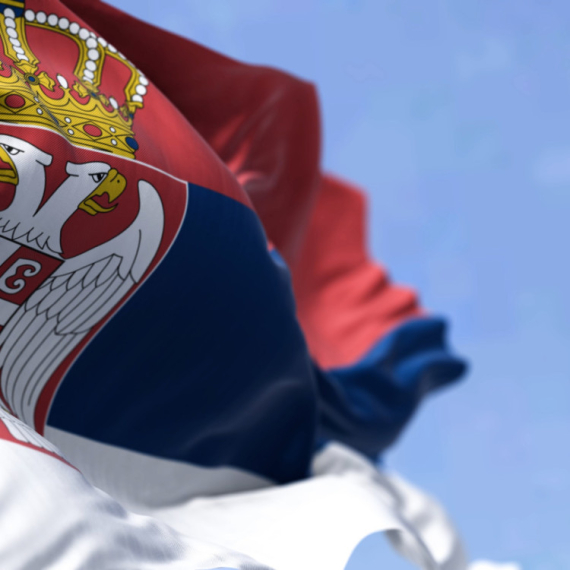

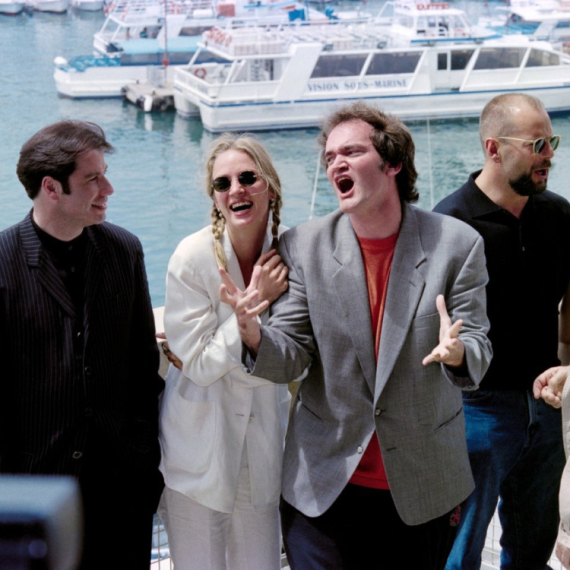
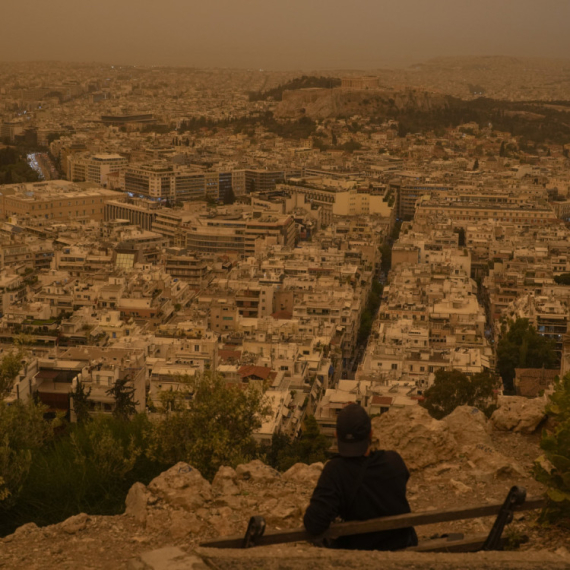
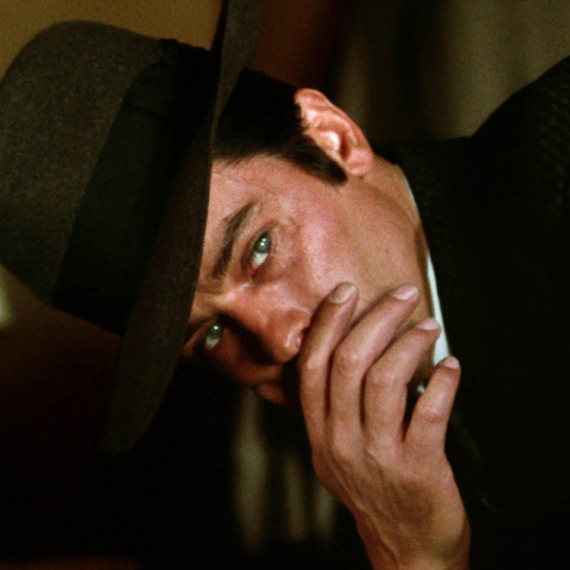


































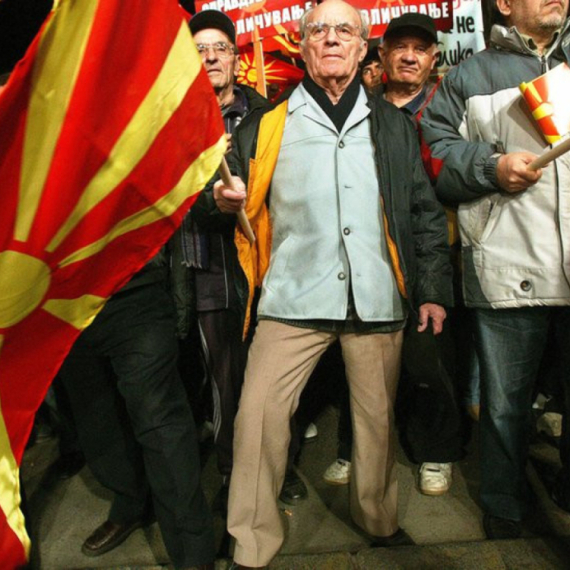


Komentari 10
Pogledaj komentare